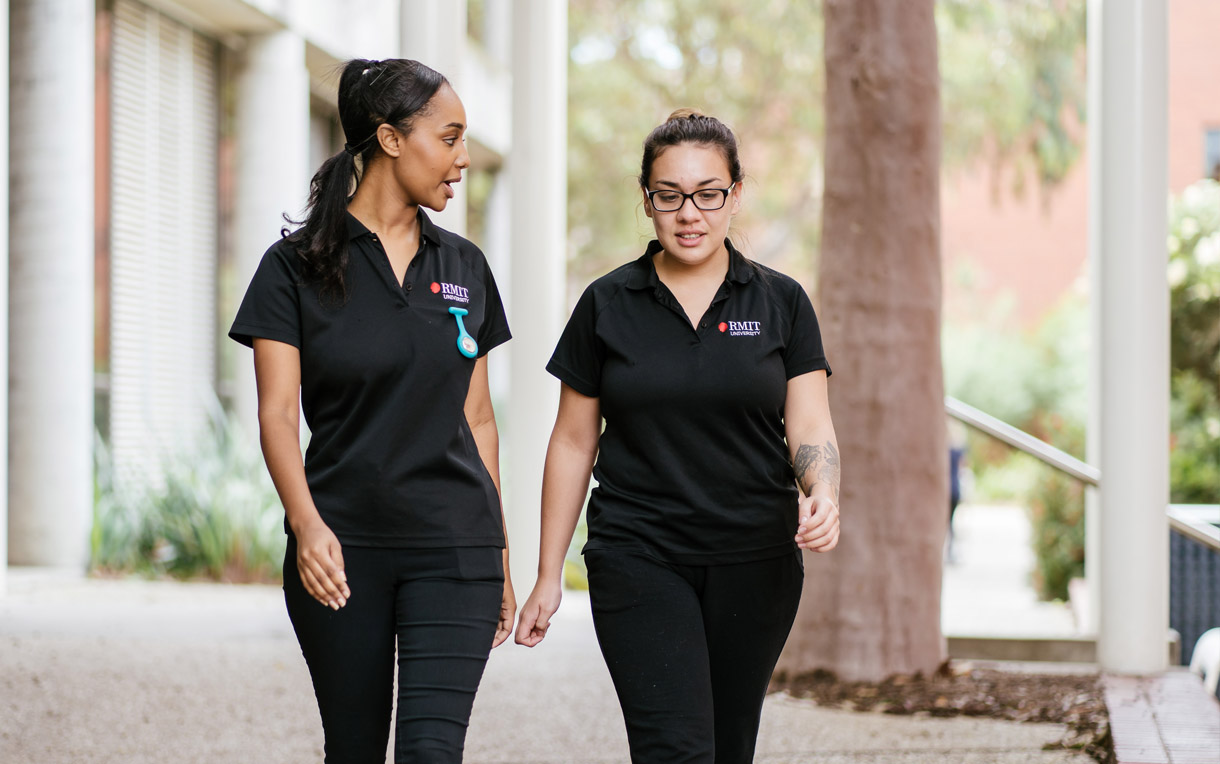New infrastructure ensures more mental health jobs
In 2023, government programs began rolling out aimed at providing more access to mental health services in regional schools and developing the mental health workforce. One of the ways this was done was an investment in infrastructure4.
Along with the creation of targeted health services such as ‘Yarn13’ – the 24/7 crisis support service co-designed with and for Aboriginal communities – facilities are being developed to allow for more health care and mental health jobs.
Even after the 2025 budget cutbacks, there are mental health supporting projects uplifting jobs in Victoria, such as the Labor government project aimed at providing more graduate and early career opportunities for mental health care workers5.
Not only are positions for mental health nurses growing, but the role has some fantastic career benefits. According to SEEK, mental health nurses earn about $105,000 per year on average and an expected job growth of 13% in the next five years6.
You might be wondering what a mental health nurse role actually entails. Beyond regular nursing duties, some of the key elements of mental health nursing roles are performing assessment and therapy, medication management, making recommendations to clients and their families, and helping clients learn to manage and understand how to work towards better health outcomes.
Thanks to RMIT’s hands-on approach to teaching, in the Master of Mental Health Nursing you’ll gain all the experience you need during your study. This means you’ll learn in real-world environments and gain the practical skills needed to address the systemic need for mental health support and care before graduation.







